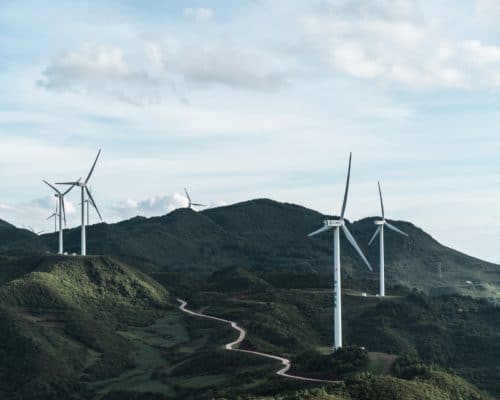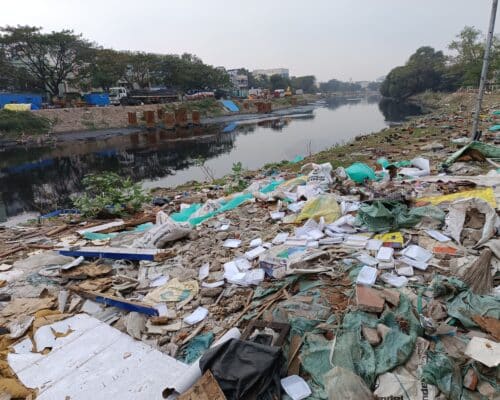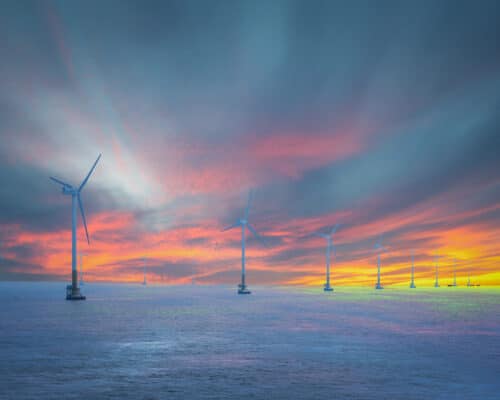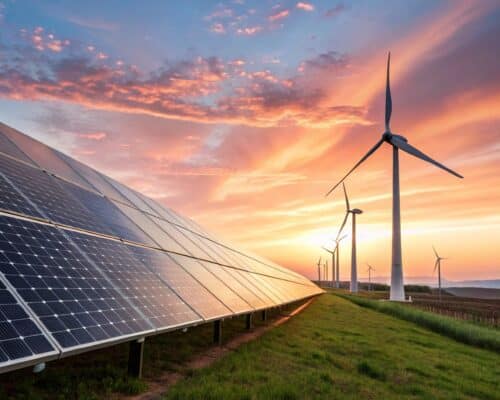Articles
How to Avoid Greenwashing: A Guide for Sustainable Businesses and Marketing Leaders
Today, the public uses a microscope to look for the significant gaps between a firm's words and actions. And if these gaps are found, the reputational damage is often hard to recover from, since markets have long memories. However, business leaders hold their future in their own hands.
Greenwashing Examples 2022: 10 Companies That Greenwash
Greenwashing is found in small and large companies alike, yet the impact is still the same. It erodes customer confidence in sustainability and allows negative environmental impacts. To better combat climate misinformation, it is important to look at, and understand, some of the most prominent cases.
Financial Greenwashing: What is it and How Does It Happen?
Financial greenwashing threatens to derail the global decarbonisation journey by abusing investors' trust and channelling funds into instruments and projects with suboptimal impact against climate change.
South Australia’s Renewable Energy Revolution
South Australia's renewable energy revolution has just begun. It is the first Australian state to reach and exceed its renewable targets - made possible through collaborative efforts and appropriate legislative processes and public policies.

Top Carbon Capture Projects in 2022
Carbon capture has seen a steady increase over the last several decades. The largest concentration of CCS facilities is currently found in North America, but several other regions are pushing to increase their capacity over the next decade. Carbon capture has yet to see widespread implementation, but as the technology improves and costs decline, we expect to see its adoption increase.
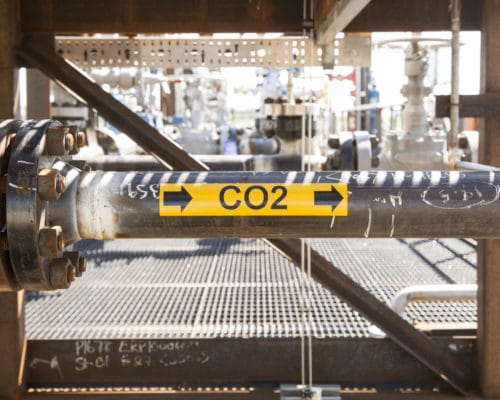
Carbon Capture: Can This Technology Save Our Future?
Carbon capture technology is being implemented across the world. For hard-to-decarbonise industries, this is a potential pathway to remove unavoidable emissions. But, the question remains: what role should carbon capture play in other industries? Some experts see carbon capture as a distraction from the wide-scale adoption of renewables and a way for companies to maintain a "business-as-usual" approach.
New Report Reveals Global Coal Power Capacity is Shrinking
The global coal power capacity is in a decline. While some Asian countries still plan for the construction of new coal capacity, most are starting to realise that fossil fuels are a dead end.
A New Supply Chain Crunch: Renewable Energy Commodities
The next decade will see a boom in demand for renewable energy commodities. However, the world is seemingly not ready to meet it and supply chain crunches from high-impact, low-probability events like the COVID-19 might further complicate the process, delaying the global decarbonisation progress.
Liberal vs Labour – Who Has the Best Energy Policy in the 2022 Australian Election?
The energy policies of the Labour and the Liberal parties will play a crucial role in determining the outcome of the upcoming election in Australia. The importance of decarbonisation strategies and taking action has never been greater. Judging by the parties' announced plans, they are up for the challenge.

The Latest PDP8 Vietnam Draft – Focus on Renewable Energy and a Drastic CO2 Emissions Reduction
The latest draft of the Vietnam PDP8 sends the positive signal that the country is no longer looking in the direction of fossil fuels. Instead, it is further diversifying its low-carbon power sources, planning for notable clean energy growth and a massive CO2 emission reduction.

Burning Plastic: a Real Waste-to-Energy Solution or a Greenwashing Tool?
Burning plastic is touted as an efficient waste-to-energy solution that will solve the plastic problem and help us to move away from fossil fuels. But in reality, it discourages recycling, perpetuates single-use plastic production and impacts health and the environment.

Are Large Japanese Companies Living Up to their Climate Commitments in 2022?
The climate and sustainability-related pledges of Japanese companies are a reflection of the government's commitment. While on paper everything sounds ambitious, the reality is there is much work left to be done on both micro and industry levels.
Most Popular
Most Popular
Categories
-
10
-
34
-
126
-
4
-
17
-
46
-
52
-
11
-
10
-
15
-
24
-
6
-
1
-
5
-
6
-
279
-
199
-
17
-
24
-
1
-
1
-
23
-
41
-
44
-
87
-
18
-
86
-
41
-
17
-
11
-
43
-
52
-
86
-
293
-
22
-
44
-
36
-
10
-
42
-
36
